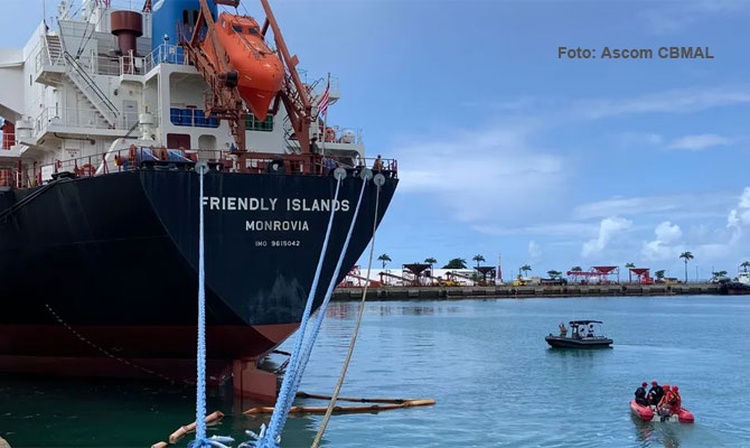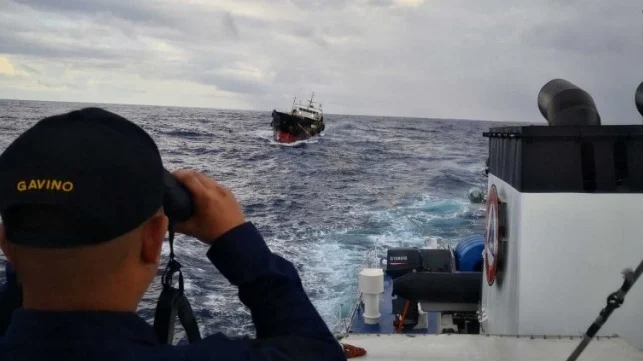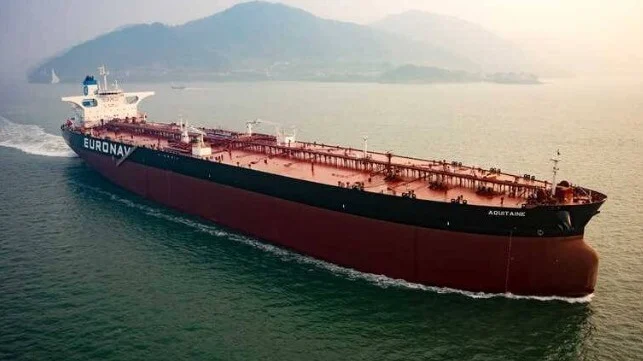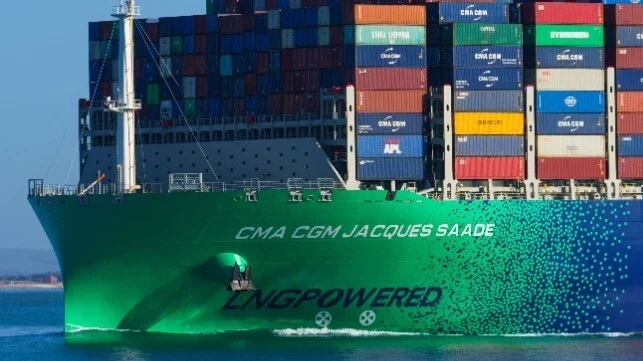Artificial intelligence and Machine Learning optimizing decision-making and safety

Alexey Fitiskin
In Marine Digital we are focusing to stay in close contact with our clients while supporting their growth through the innovation process. Since the beginning of the lockdown we have received a rising number of requests from the shipowners related to the digitalisation, so we decided to make the overview of the modern software and hardware solutions that can provide several important values to operations and today they are rather available than they were a couple years ago.
Digital Ship” as one of the main topics in the recent months is not a standalone solution, but a complex of several trends in the digitalization of a shipping company:

IoT adoption enabling better ship and fleet operations
After years of lagging behind other sectors, the maritime sector has begun widely adopting IoT.
Connecting onboard sensors to shore for data analytics will improve ship and fleet operations in multiple ways, such as optimized maintenance, cargo handling, and route planning, savings in fuel and lubes consumption, and reduced service costs. Ships of the future will have an entire network of sensors measuring all aspects of operations.
Security concerns are a barrier to the adoption of IoT, but leaders in maritime digitalization are taking the necessary steps to safeguard their fleet from current and emerging threats and vulnerabilities.


Autonomous ships
Over the past few years, companies like Rolls-Royce Marine and Japanese shipping giant Nippon Yusen have shared plans to send remote and autonomous ships to sea. These ships will remain crewed, to begin with, but as the technology advances, some of the ships may be crewless by as early as 2020.
Autonomous ships offer a number of advantages over human-driven vessels, not least of which is a promise of improved safety. Human-error accidents are all too common and costly. Take, for example, the collision off the coast of Corsica on October 7, 2018, when the ferry Ulysse departed from the port of Genoa and cruised southeast through the Mediterrean Sea. The ferry’s captain stepped away from the station to take a phone call just before dawn. Moments later, the Ulysse rammed into the side of the CSL Virginia container ship. The container ship’s crew had moored the vessel in the middle of a merchant shipping lane deemed “inadequate” by investigators. The collision and subsequent oil spill were the result of multiple human errors.
Artificial intelligence and Machine Learning optimizing decisionmaking and safety
Artificial intelligence has many potential applications in the maritime industry, e.g. optimizing business processes, voyage planning and vessel maintenance.
More and more forward-thinking shipping organizations see AI and machine learning as keys to achieving a competitive advantage. For instance, AI-based predictive positioning systems will enable shipmasters and bridge teams to monitor and predict future positions, movements and maneuvers of their vessel hours in advance, improving situational awareness, decision-making, and ultimately safety.
With so many key-drivers taking charge, the big transformation is already at the gates and undeniably an exciting time, decked up with technological advancements is all that lies ahead for the Shipping Industry.
ML/AI technologies are currently able to give an economic effect from the use, optimize and increase the efficiency of a shipping company. For example, Fuel Optimization System and others. With this optimization, new business opportunities in Maritime will open up – Digital Ship twins and then Autonomous ships.
















